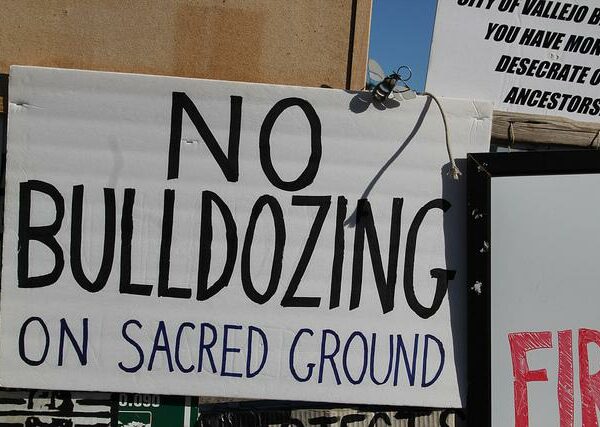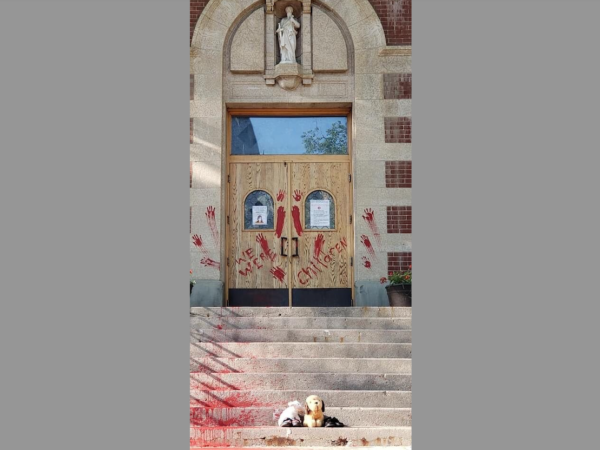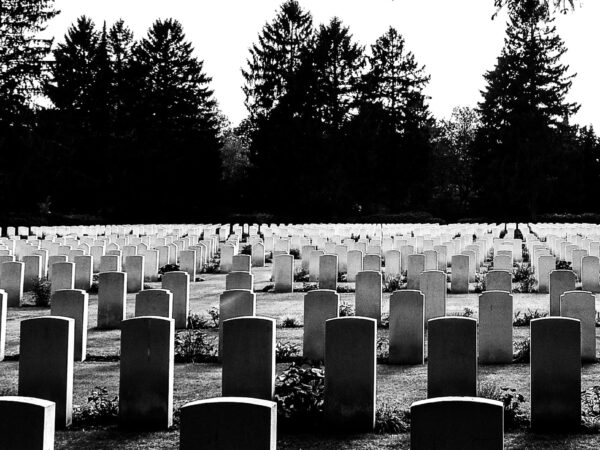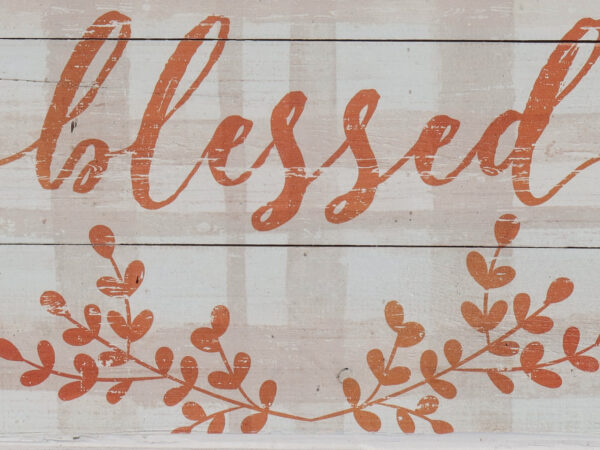
The God of Israel does not get so caught up in the national agenda that God neglects the prayers of individuals in pain. The best antidote to politics-as-usual is proper worship. Praising YHWH can keep our feet flat on the floor. As we worship the God who sees and the God who acts on behalf of the downtrodden, we seek to become like God. YHWH, rather than the human powers that be, becomes our model. In worship we become attentive to the things that God attends to, such as the grieving woman whose empty cradle signals an uncertain future.

Who produces American history textbooks? Beyond historians’ work, this question demands a reckoning with political partisanship that creeps into the publication process of history textbooks. A comparable phenomenon can be traceable in ancient textualization of sacred memory. Acknowledging political forces in knowledge production helps renegotiate one’s perspectives on sanctioned discourses of historical memory in modern and ancient worlds.

Jesus’ claim to be the good shepherd is much more than a comforting metaphor. It is a claim to kingship and a clarion call to surrender our wills and follow him to green pastures. His kingship subverts hierarchies. He models followership for us and ushers us into wide-open spaces where we can flourish in his upside-down kingdom.

By spiritualizing place, and thereby transmogrifying place-based identities into racialized ones, Christianity cooperated with the machinations of settler-colonial capitalism in its world-making project. Thus, returning to a consideration of land as one location of God’s action is basic work for any political theology that aspires to move in a decolonial direction.

The God we meet in Amos and John demands righteousness, solidarity and justice as the foundations of faithful living. Neutrality scuppers justice. When we drift away from God, our fellow human beings and the life-giving environment, prophetic truth-telling tempered with an imagination for a different world becomes a necessity.






